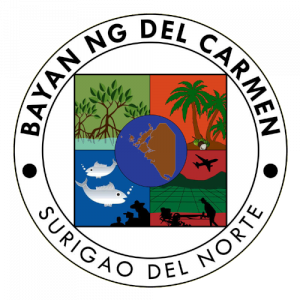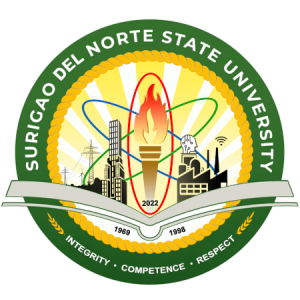Quasiparticle interference in unconventional superconducting phases
Abstract
Bogoliubov quasiparticle interference (QPI) spectroscopy has emerged as an important tool to understand the pairing symmetry in unconventional and high Tc superconductors. This method is based on scanning tunneling microscopy (STM) and essentially involves investigating how the local density of states (LDOS) is modulated due to the presence of impurities. In recent years, QPI been used to determine the gap symmetry of unconventional superconductors, e.g. CeCoIn5. It has also been developed for non-centrosymmetric (NCS) superconductors with mixed singlet-triplet gap function. Qualitatively new effects in the QPI pattern originate from Rashba spin-orbit coupling and its associated coherence factors. This is discussed for a gap model with accidental node lines due to its composite singlet-triplet nature. Also, the QPI method is suggested as criteria to discriminate between the two most investigated models of hidden order (HO) in URu2Si2. Furthermore, the signature of proposed chiral d-wave superconducting (SC) orders parameter in QPI of the coexisting HO+SC phase is investigated.
















